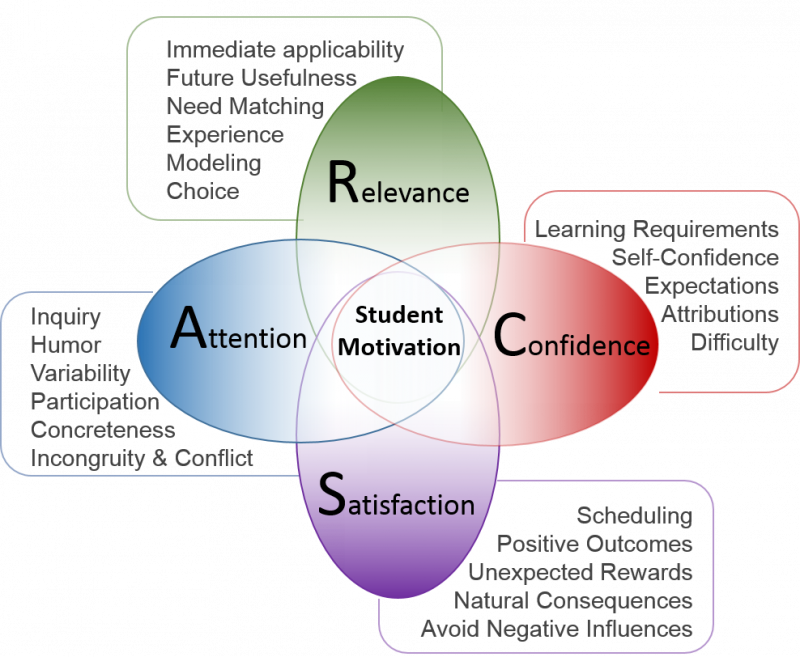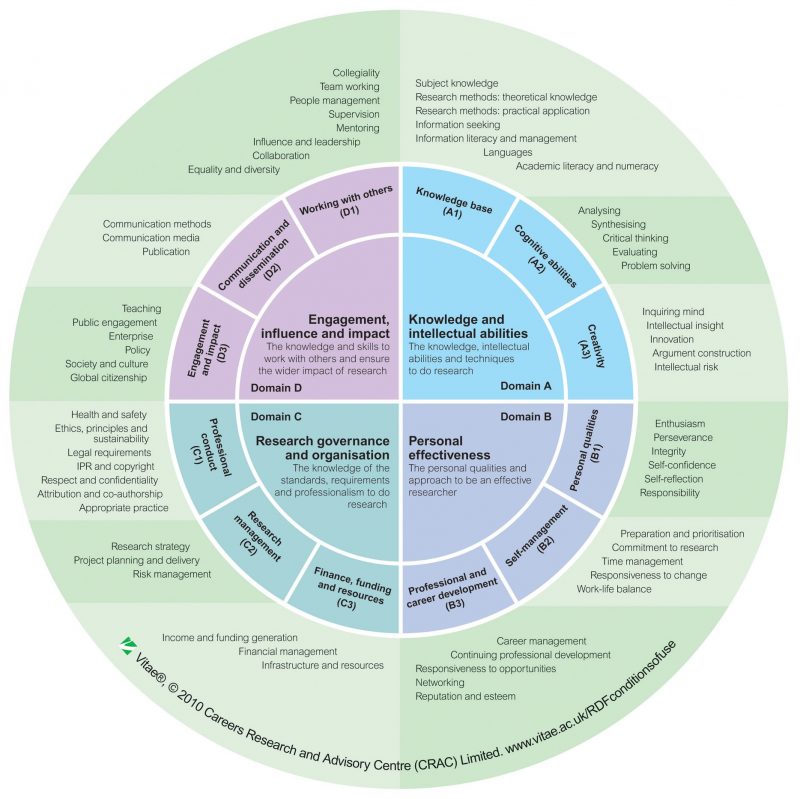Contents
- 1 How to Use It
- 2 What Do Horse Riders Need to Know Before They Learn NLP
- 3 Hypnotic Language
- 4 By Your Horse: Anyone Tried NLP for Confidence
- 5 Dealing with Anxiety Triggers: Nervous Out Hacking
- 6 Q&A:
- 6.0.1 Why is increasing confidence important?
- 6.0.2 What are distracting thoughts and how do they affect confidence?
- 6.0.3 What is NLP and how does it help?
- 6.0.4 How can NLP help horse riders?
- 6.0.5 How does NLP work?
- 6.0.6 Why is it important to increase your confidence?
- 6.0.7 What are some methods to increase confidence?

Confidence is a trait that many people would like to have, but it’s not always easy to develop. It’s like learning a new language – it takes time, practice, and patience. However, with the right methods and mindset, anyone can increase their confidence and overcome their doubts.
One effective method is to challenge yourself. By setting realistic goals and pushing yourself to achieve them, you can prove to yourself that you are capable of more than you thought. This can be as simple as speaking up in a meeting or trying a new hobby that you’ve always been interested in.
Another method is to use NLP (neuro-linguistic programming) techniques. NLP is a powerful tool that helps individuals change their thoughts, feelings, and behaviors to achieve their desired outcomes. By using NLP, you can reframe negative thoughts and replace them with positive ones, helping you to feel more confident and in control.
Loving yourself is also key to increasing your confidence. Many times, we are our own worst critics. We focus on our flaws and constantly compare ourselves to others. But by practicing self-love and acceptance, you can start to see yourself in a more positive light. Instead of beating yourself up for your mistakes, try to celebrate your successes and acknowledge your strengths.
Having a support system in place can also make a big difference. Surround yourself with people who lift you up and believe in you. Their encouragement and positive energy can help fuel your confidence and push you to achieve even more.
Another effective method is to work on your body language. Our body language can often speak louder than our words, so it’s important to pay attention to how we present ourselves. Standing tall, making eye contact, and speaking clearly can not only make you appear more confident to others, but it can also help you feel more confident within yourself.
Lastly, don’t be afraid to seek help from professionals. Whether it’s a therapist, life coach, or mentor, there are people out there who specialize in helping others increase their confidence. They can provide guidance, support, and valuable tools and techniques to help you on your journey.
In conclusion, increasing your confidence is a personal journey that takes time and effort. It requires challenging yourself, using techniques like NLP, loving yourself, surrounding yourself with positive people, working on your body language, and seeking professional help if needed. By implementing these methods, you can boost your confidence and become the best version of yourself.
How to Use It
Using these effective methods to increase your confidence can lead to a positive outcome in various areas of your life. Whilst it’s not a quick fix or a one-size-fits-all solution, practicing these techniques can go a long way in boosting your confidence levels.
One of the simplest ways to increase your confidence is by finding and focusing on your strengths. Learn to tune out the negative self-talk and instead, think about what you excel at and what interests you. By recognizing your natural abilities, you’ll feel more confident in your abilities to overcome challenges.
Another helpful technique is to visualize success. Visualize yourself confidently speaking in front of a crowd, acing a job interview, or accomplishing a goal. This visualization can subtly hack your brain, convincing it that you’ve already achieved the desired outcome. This can give you a boost of confidence when facing similar situations in reality.
It’s important to remember that confidence is not solely tied to external events or the opinions of others. True confidence comes from within. Instead of judging yourself based on others’ perceptions, focus on building your own self-worth and recognizing your own accomplishments.
Sometimes, a lack of confidence may be tied to past experiences or negative beliefs about oneself. It’s essential to identify and challenge these beliefs. Make a conscious effort to disprove negative thoughts and replace them with positive, affirming ones. Overcome self-doubt by reminding yourself of past successes and focusing on your abilities.
Effective communication can also play a significant role in boosting your confidence. Learning how to communicate assertively and express your thoughts and emotions clearly can help you feel more confident in social settings. Practice active listening, maintaining eye contact, and speaking up when necessary to build your communication skills.
Avoid comparing yourself to others. Remember that everyone has their own unique journey and set of traits. Instead of feeling inadequate, focus on your own progress and growth. Celebrate your achievements and set realistic goals to further boost your confidence.
Finally, practice self-care and self-compassion. Taking care of your physical and mental well-being is crucial for developing confidence. Prioritize activities that make you feel good, whether it’s exercising, reading a book, or spending time with loved ones. Additionally, practice self-compassion by acknowledging that setbacks and failures are a normal part of life. Treat yourself with kindness and understanding, and don’t be too hard on yourself when things don’t go as planned.
Remember, building confidence takes time and effort. Be patient with yourself and trust the process. By implementing these methods and nurturing your confidence, you’ll be well on your way to achieving your goals and living a more satisfying and fulfilling life.
What Do Horse Riders Need to Know Before They Learn NLP
Before horse riders begin to learn Neuro-Linguistic Programming (NLP), it is important for them to understand the social dynamics that exist between humans and horses. Horses are highly perceptive creatures that possess the ability to read and interpret human body language. They can pick up on subtle cues and non-verbal signals.
When it comes to horse riding, NLP can be a useful tool for horse riders to improve their communication and connection with their horses. NLP techniques can help riders build trust, establish clear boundaries, and communicate more effectively with their equine partners.
The Power of Metaphor
One of the key concepts in NLP is the use of metaphors. Metaphors can be powerful tools for communication as they help convey complex ideas and emotions in a simple and relatable way. Horse riders can use metaphors to explain their expectations, goals, and intentions to their horses in a way that horses can understand.
Understanding Horse Psychology
To effectively apply NLP techniques while working with horses, horse riders must have a basic understanding of horse psychology. Horses are herd animals and have a strong social structure. They rely on clear communication and consistent behavior from their riders.
Riders must learn to be confident and assertive leaders without being aggressive or dominating. Horses respond best to riders who can provide clear direction and make decisions with confidence. Developing these qualities can help riders establish a strong bond with their horses and create a harmonious riding experience.
NLP can also help horse riders overcome any nervousness or fear they may have while riding. By learning techniques to manage their own emotions and state of mind, riders can become more focused, relaxed, and in control, which in turn helps the horse feel more secure.
When learning NLP, it is important for horse riders to find ethical practitioners who have experience working with horses. Properly applying NLP techniques to horse riding requires specific knowledge and understanding of horse behavior and training methods.
Overall, NLP can be an effective tool for horse riders to enhance their communication, confidence, and connection with their horses. By incorporating NLP techniques into their riding practices, riders can create a more positive and enjoyable experience for both themselves and their equine partners.
Hypnotic Language
Hypnotic language, also known as conversational hypnosis or NLP (neuro-linguistic programming), is an art that can be used to effectively communicate with people and boost your confidence. It involves using specific language patterns, metaphors, and suggestions to influence the thoughts and behaviors of others.
One of the most well-known communication techniques used in hypnotic language is called “embedded commands.” These are words or phrases that are subtly embedded in a conversation, usually in a sentence where they may not seem important, but they have a deeper meaning when viewed from a different perspective. For example, instead of saying “You should learn to be more confident,” you could say “I wonder how quickly you can learn to boost your confidence.”
Hypnotic language also helps in making people feel more comfortable and open during a conversation. By using words and phrases that are soothing and calming, such as “relax,” “calm,” or “peaceful,” you can create an atmosphere that encourages open communication.
Another technique in hypnotic language is using metaphorical stories or anecdotes to convey a message or idea. By telling a story that relates to the topic at hand, you can stimulate the subconscious mind and make the person more receptive to your thoughts and suggestions.
In addition to using language patterns, it’s important to pay attention to non-verbal cues and body language. Being aware of your own body language and making adjustments when necessary can help you appear more confident and maintain the attention of the person you’re speaking to.
Hypnotic language can be a powerful tool for increasing confidence, but it’s important to use it ethically and responsibly. It should never be used to manipulate or deceive others, but rather to facilitate effective communication and create positive interactions.
If you’re interested in learning more about hypnotic language and how to use it effectively, there are numerous books and resources available that can provide further guidance. Whether you’re looking to improve your personal interactions or enhance your professional communication skills, exploring the world of hypnotic language can be a worthwhile endeavor.
| Communication | People | Above |
| Most | Properly | Conversation |
| Thou | Them | Thought |
| Another | Something | Using |
| Hacking | Makes | Helps |
| Think | It | Know |
| Anxiety | Well-known | Ranch |
| Sometimes | They’re | Interaction |
| Is | Communicators | Doesn’t |
| Front | Learned | Down |
| High | Learn | Between |
| They | Takes | Personal |
| This | Finding | Viewpoint |
| For | Your | More |
| Yourself | Themselves | Making |
| Experienced | Power | Wonder |
| Challenge | Rita | Tried |
| Intractable | Art | What’s |
| Survival | And | Boost |
| Consider | Simple | Thinking |
| Book | What | Can |
| Internal | Which | Distracting |
| Somehow | Open | Then |
| Bestleigh | Whether | Hypnotic |
| Thoughts | Wanting | Senses |
| Like | – | Movement |
| NLP | Away | Therapists |
By Your Horse: Anyone Tried NLP for Confidence
NLP, or Neuro-Linguistic Programming, is a powerful tool that can help individuals improve their confidence levels. NLP practitioners believe that our thoughts, feelings, and behaviors are interconnected, and by understanding and changing these connections, we can enhance our confidence and achieve our goals.
If you want to boost your confidence, NLP can be a valuable resource. Those who have tried NLP often speak of how it has subtly but significantly transformed their lives, making them more focused, self-assured, and experienced in handling various situations. Take Rita, for example. Once a shy and nervous person, she could now confidently speak in front of large audiences and excel in her well-known field.
Instead of simply thinking of themselves as what they were given, individuals who practice NLP learn to expand their notion of who they are and what they can achieve. They recognize that confidence is not a static trait tied solely to natural abilities but can be developed and improved upon. By tuning into their thoughts and understanding the power of their words, they become effective communicators and guess what? They boost their confidence.
Many individuals may never consider NLP as a means to enhance their confidence levels. While some may think it’s a complex and ethically questionable practice, those who have attended NLP courses or worked with NLP practitioners would recommend otherwise. NLP is based on simple and natural principles of communication and does not require any supernatural abilities or hundreds of hours of practice to be effective.
If you’re interested in enriching your personal and professional life and overcoming any barriers to confidence, NLP can be a helpful tool. Sometimes, we are our own worst critics, and NLP helps us to break free from negative thought patterns and react more positively to challenging events. NLP practitioners understand that our minds are wired for survival, and they assist us in rewiring our thought processes to focus on creating more satisfying outcomes.
At least that’s what Becky thought after reading about NLP and attending a few NLP sessions. She realized that sometimes the smallest things can have the biggest impact on our confidence levels. Whether it’s learning to control our breathing or adopting specific body postures, NLP offers practical techniques that can help us feel more confident in ourselves.
If you’re unsure where to start, reach out to reputable NLP practitioners or consider joining NLP courses. These programs provide a structured approach to learning NLP techniques, and you’ll likely find a supportive community of individuals who can relate to your confidence struggles.
To sum it up, NLP is a powerful and effective method for increasing confidence. So why not give it a try and see how it can help you overcome your confidence challenges? Remember, a boost in confidence can open doors to new opportunities, both personally and professionally, so it’s definitely worth exploring!
Dealing with Anxiety Triggers: Nervous Out Hacking

Anxiety triggers can greatly impact our confidence levels and hinder our ability to perform at our best. It’s important to find effective methods to deal with these triggers and regain control of our emotions. One method that can be helpful in managing anxiety triggers is by using a technique known as “nervous out hacking.”
Nervous out hacking involves changing our perception and response to anxiety triggers in order to minimize their impact on our confidence. It’s about learning to navigate through anxiety-inducing situations to regain control and focus.
Identifying Anxiety Triggers

In order to effectively hack our anxiety triggers, it’s important to first identify what specifically triggers our anxiety. This can be done through self-reflection, talking with therapists, or taking courses on anxiety management.
Once we have a clear understanding of our triggers, we can begin to work on strategies to address them.
Hacking Anxiety Triggers

One way to hack anxiety triggers is by reframing our thoughts and language. By changing how we perceive and interpret situations, we can shift our focus away from the anxiety-inducing aspects and towards a more positive and realistic perspective.
Another helpful technique is to use energy management. By practicing relaxation techniques, such as deep breathing or meditation, we can reduce the distracting effects of anxiety and channel our energy towards being more focused and present.
It’s also important to have a support system in place. Surrounding ourselves with loving and supportive friends or family members can provide a sense of security and help us feel justified in our feelings.
Furthermore, engaging in activities or hobbies that we find satisfying and enjoyable can also help distract our minds from anxiety triggers. Whether it’s reading a book, working on a creative project, or engaging in physical exercise, finding what interests us can provide a much-needed break from anxiety-inducing thoughts.
Recommendation: NLP Techniques
Neuro-Linguistic Programming (NLP) techniques can be highly effective in dealing with anxiety triggers. NLP focuses on the connection between our thoughts, language, and behaviors, and provides tools for changing negative patterns and improving our communication skills.
By learning NLP techniques, such as anchoring, reframing, or modeling, we can gain a better understanding of our triggers and develop more adaptive ways of responding to them.
Ultimately, managing anxiety triggers requires a combination of self-reflection, effective coping strategies, and seeking support when needed. By actively working on these techniques, we can regain control over our confidence levels and thrive in spite of our anxiety.
| Advantages of Nervous Out Hacking: |
|---|
| – Helps in identifying anxiety triggers |
| – Enables reframing of thoughts and language to shift focus away from triggers |
| – Provides techniques for energy management and relaxation |
| – Promotes the importance of a supportive network |
| – Recommends NLP techniques for effective anxiety management |
Q&A:
Why is increasing confidence important?
Increasing confidence is important because it allows individuals to believe in themselves and their abilities. It provides a sense of self-assurance, which is crucial for achieving goals and facing challenges.
What are distracting thoughts and how do they affect confidence?
Distracting thoughts are negative or self-doubting thoughts that can cloud the mind and affect confidence. They create a barrier for individuals, preventing them from fully believing in their capabilities and hindering their overall confidence.
What is NLP and how does it help?
NLP, or Neuro-Linguistic Programming, is a psychological approach that focuses on the connection between the mind, language, and behavior. It helps individuals overcome limiting beliefs, reframe their thoughts, and develop new patterns of behavior that can enhance confidence and overall well-being.
How can NLP help horse riders?
NLP can help horse riders by providing them with techniques to manage anxiety, improve focus, and develop a positive mindset. It enables riders to overcome fear and negative thoughts, allowing them to perform at their best and build a strong connection with their horses.
How does NLP work?
NLP works by utilizing techniques such as visualization, language patterns, and anchoring to reprogram the mind and change behavior. It helps individuals identify and change limiting beliefs, develop new strategies for success, and ultimately increase confidence and achieve their goals.
Why is it important to increase your confidence?
Increasing your confidence is important because it allows you to believe in yourself and your abilities, which in turn helps you achieve your goals, overcome challenges, and lead a more fulfilling and successful life.
What are some methods to increase confidence?
There are several effective methods to increase your confidence, including setting achievable goals, practicing positive self-talk, surrounding yourself with supportive people, embracing failure as a learning opportunity, and using visualization techniques.
